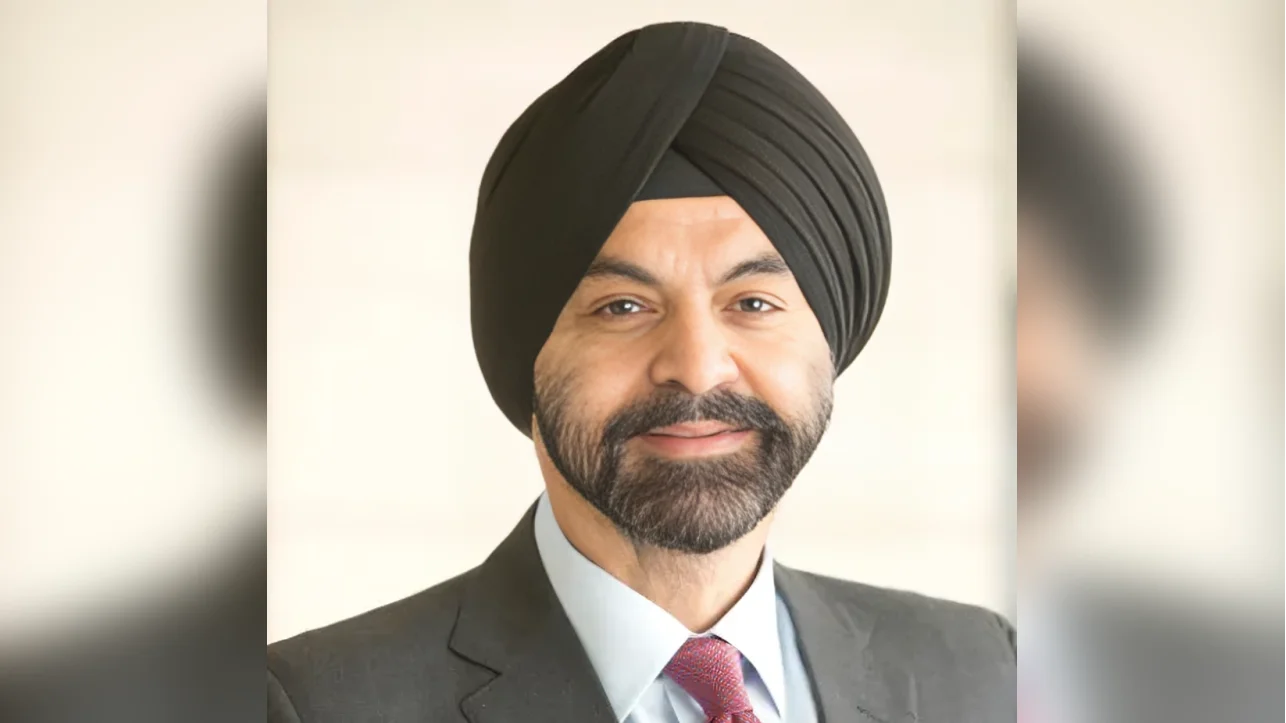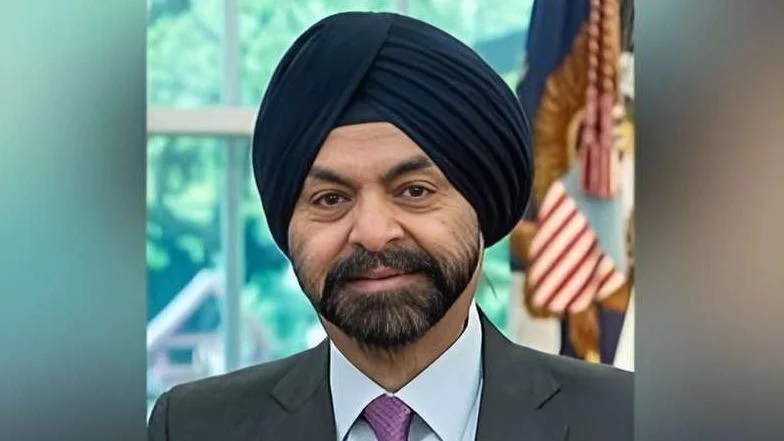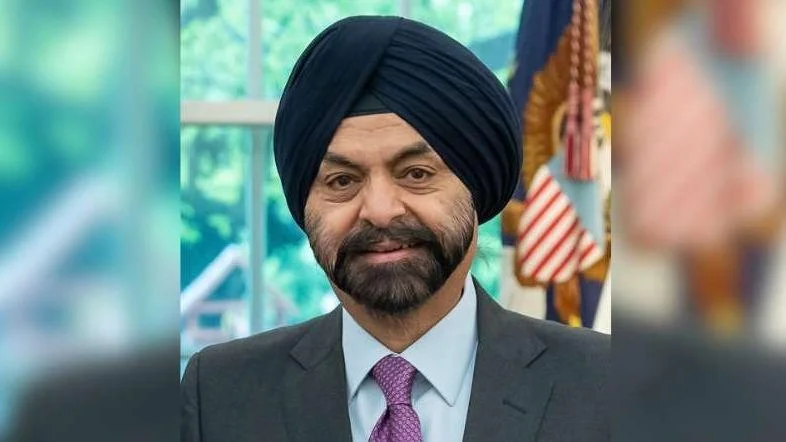The World Bank
Recent News About The World Bank
-
Meghalaya's holistic forest management aids communities in restoring environment
A new forest management approach in Meghalaya is aiding tribal communities in reforesting degraded hillsides and reviving dwindling springs.
-
AI revolutionizes higher education with personalized learning tools
The Artificial Intelligence (AI) revolution is significantly impacting higher education, providing new opportunities to personalize learning experiences and enhance the management of educational institutions.
-
World Bank supports Bosnia's transition from coal with loans and grants
The World Bank has approved financial support for Bosnia and Herzegovina to enhance energy security and job creation.
-
World Bank approves $140 million project to boost Burkina Faso's education system
The World Bank has approved a new initiative, the Restoring Education System Performance and Improving Resilience (REPAIR) Project, aimed at enhancing Burkina Faso's education sector.
-
World Bank leads funding efforts for solid waste management solutions worldwide
The World Bank Group has been identified as the largest financer of solid waste management, contributing 35 percent of global official development financing, amounting to US$5.13 billion from 2003 to 2021.
-
World Bank and Costa Rica collaborate for sustainable agricultural development
The World Bank Executive Board has approved a program to promote sustainable and competitive agriculture in Costa Rica.
-
World Bank funds Argentina's job placement initiative with $230 million
The World Bank has approved additional financing for Argentina to enhance job placement and access to quality employment for the unemployed.
-
World Bank names Ndiamé Diop as VP for Eastern and Southern Africa
The World Bank has appointed Ndiamé Diop to serve as its Vice President for Eastern and Southern Africa, effective May 1, 2025.
-
World Bank enhances MENA transport infrastructure for inclusive growth
The World Bank Group (WBG) is actively working to improve transport infrastructure in the Middle East and North Africa (MENA), aiming to enhance connectivity and promote inclusive development.
-
Food system resilience discussed at Addis Ababa event
Eastern and Southern Africa face a pivotal moment to reimagine their food systems.
-
World Bank's investment to boost Bhutan’s growth and job opportunities
The World Bank Group has announced a new Country Partnership Framework (CPF) for Bhutan, which will run from fiscal years 2025 to 2029.
-
Two World Bank financial aids to boost land and forest management in Benin
The World Bank Board of Directors has approved two financial supports amounting to $180.7 million aimed at improving land tenure security and enhancing integrated forest management in Benin.
-
World Bank funds $216 million project for climate-resilient transport in Burkina Faso
The World Bank has approved a $216 million project aimed at enhancing climate-resilient transport infrastructure in the Sikasso-Korhogo-Bobo-Dioulasso (SKBo) region.
-
World Bank approves loan to support Eswatini's growth and economic reforms
The World Bank has approved a Development Policy Loan (DPL) to assist the Kingdom of Eswatini in its efforts to strengthen fiscal governance, promote private sector development, and enhance energy security and climate resilience.
-
Tanzania's rural electrification transforms local businesses and industries
After living in Kawe near Dar es Salaam, Mosi Gungurugwa moved to Buyuni, a small village in Chalinze district.
-
Electricity access boosts education and healthcare in Tanzania
In Tanzania, the introduction of electricity has notably improved education and healthcare services.
-
World Bank raises $9 billion through dual-tranche bonds amid high investor demand
The World Bank has announced the successful pricing of two Sustainable Development Bonds, raising a total of USD 9 billion through a 3-year bond and a 7-year bond.
-
EU and World Bank partner to strengthen fiscal governance in the Western Balkans
Public finances in the Western Balkans experienced significant strain during the COVID-19 crisis, necessitating efforts to reduce public debt while continuing to encourage economic recovery.
-
Morocco takes steps to improve maternal and child health in rural areas
Morocco has made significant strides in reducing maternal, neonatal, and child mortality rates over the past few decades.
-
World Bank backs Rio Grande do Sul climate resilience project with $359.6 million
The World Bank's Board of Directors has approved a project aimed at aiding Rio Grande do Sul to handle extreme weather events and optimize public resource management.




















